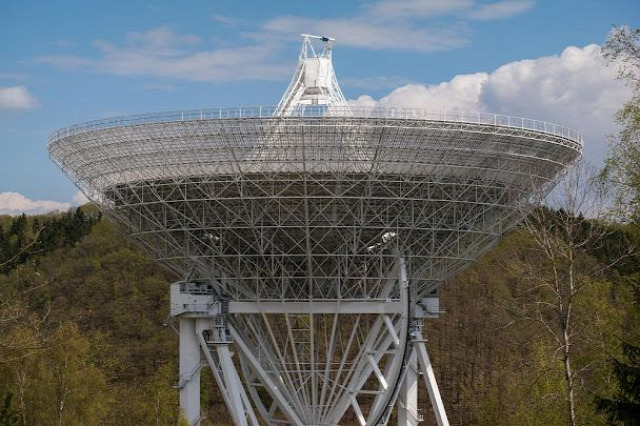
The 5G Satellite Communication market is rapidly becoming a cornerstone in the global telecommunications landscape. As the demand for high-speed, reliable connectivity grows, the fusion of 5G technology with satellite communication promises to reshape how we connect across the globe, enabling new possibilities for industries, governments, and consumers alike.
According to BIS Research, the global 5G satellite communication market was valued at $2,708.3 million in 2021 and it is estimated to reach $43,215.4 million by 2032, at a CAGR of 28.12% during the forecast period 2022-2032.
Driving Forces Behind the 5G Satellite Communication Market
The primary driver of the 5G Satellite Communication market is the need for ubiquitous connectivity. Traditional terrestrial networks often fall short in remote or underserved areas, leaving significant gaps in coverage. Satellite-based 5G networks can bridge these gaps, offering seamless connectivity in rural, maritime, and even airborne environments. This capability is especially critical as more devices become interconnected, fueling the Internet of Things (IoT) revolution and demanding uninterrupted service.
Another significant factor propelling the market is the advancement of satellite technology itself. The development of Low Earth Orbit (LEO) satellites has been a game-changer, offering lower latency and higher data rates compared to traditional geostationary satellites. Companies like SpaceX, OneWeb, and Amazon's Project Kuiper are spearheading the deployment of LEO constellations, setting the stage for a new era of satellite-based 5G services.
5G Satellite Communication Market by (Satellite Solution Type)
The backhaul and tower feed satellite solution is anticipated to dominate the 5G satellite communication market during the forecast period. This solution enables high-speed internet delivery to cell towers and supports multicasting high-definition and ultra-high-definition videos and content across a wide coverage area to various devices, including smartphones, smart TVs, and tablets. As the number of 5G devices continues to rise and consumers increasingly demand low-latency, high-speed 5G connectivity, the backhaul and tower feed satellite solution is expected to remain the leading choice throughout the forecast period.
Challenges and Opportunities
Despite the promising outlook, the 5G Satellite Communication market faces several challenges. The high cost of satellite deployment, regulatory hurdles, and spectrum allocation issues are significant barriers that must be addressed. Moreover, the integration of 5G networks with existing satellite infrastructure requires sophisticated technology and robust standards to ensure compatibility and efficiency.
Request A Free Updated Detailed Sample on 5G Satellite Communication Market!
However, these challenges also present opportunities. Governments and international bodies are increasingly recognizing the importance of satellite-based 5G in achieving global connectivity goals, leading to supportive policies and investments. Additionally, the push for sustainable and resilient networks, particularly in disaster-prone areas, underscores the vital role of satellite communication in future-proofing our global infrastructure.
5G Satellite Communication Market by Region
North America is expected to dominate the 5G satellite communication market. The significant presence of key companies highly engaged in developing and providing satellite connectivity and 5G telecom services is a major factor attributing to the region’s growth.
Key Market Players and Competition Synopsis
The key players in the 5G satellite communication include companies like Inmarsat, Avanti Communications Group PLC, OQ Technology, Chinasat, Thales Group, Qualcomm, and AT&T.
The companies profiled in the report have been selected following in-depth interviews with experts and understanding details around companies such as product portfolio, annual revenues, market penetration, research, and development initiatives.
The Road Ahead
The 5G Satellite Communication market is poised for significant growth in the coming years, with projections suggesting a multi-billion-dollar industry by the end of the decade. As technology evolves and deployment costs decrease, we can expect broader adoption and a more integrated global network.
Conclusion
The 5G Satellite Communication market is not just a technological advancement but a fundamental shift in how we connect. By overcoming the limitations of traditional networks, it opens up new possibilities for innovation, economic growth, and social inclusion. As we look to the future, the fusion of 5G and satellite communication will undoubtedly play a critical role in shaping a more connected world.

